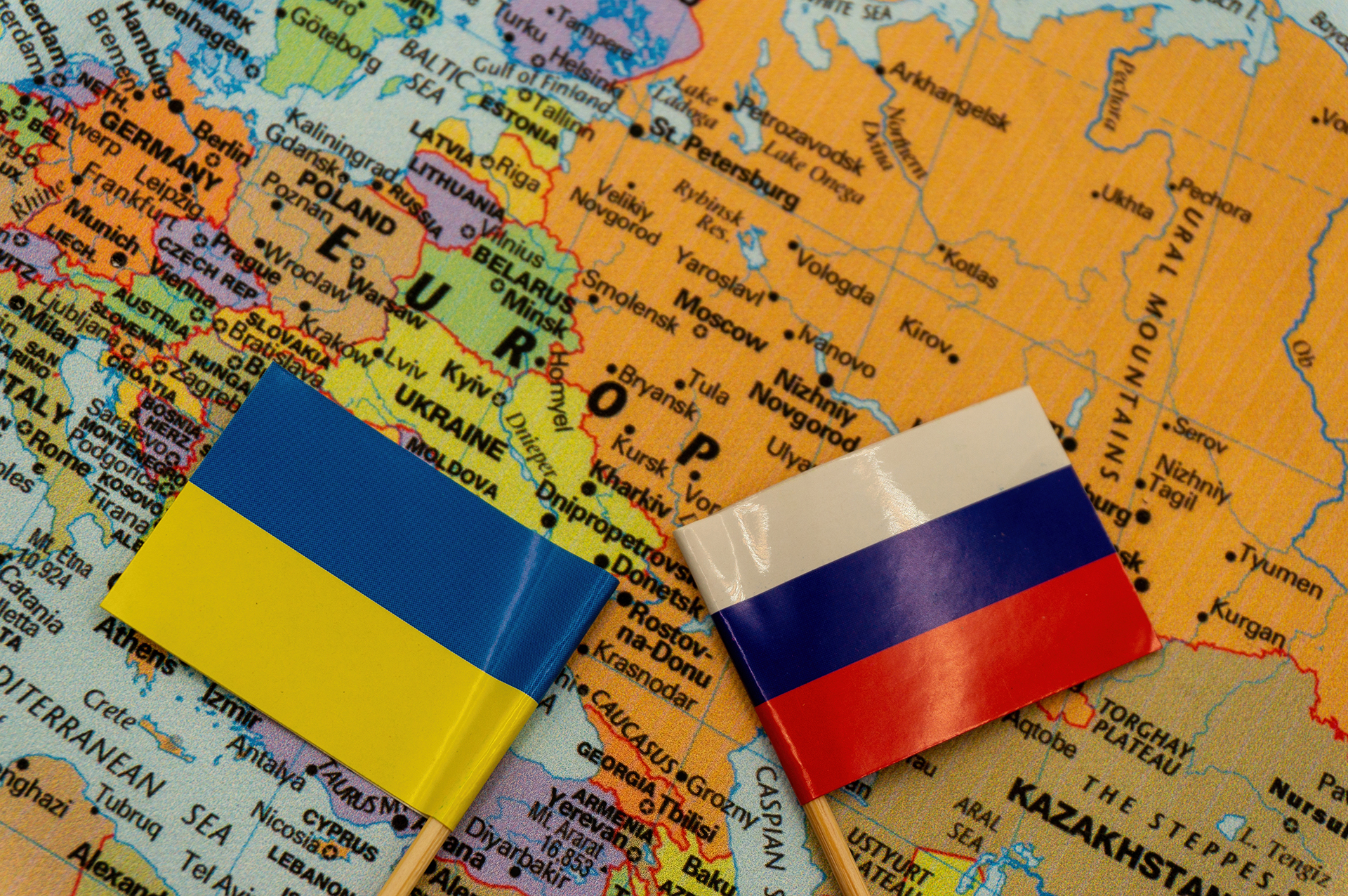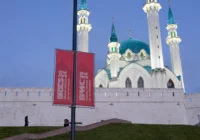NATO Secretary General Jens Stoltenberg warned last week that, in the case of the Russia-Ukraine War, “if things go wrong, they could go horribly wrong.” It could even lead to a full-fledged war between NATO and Russia.
This is an alarming statement from a man who is not given to alarming statements. While this is a war of aggression by Russia, the aggression was driven, at least in part, by fear. Russia feared being encircled by NATO and EU countries that were hostile to it. Yet these same countries had clamored to join NATO because of their fear of Russia. For its part, the US pushed the expansion of NATO into central Europe because it feared a China-Russia alliance dominating the Eurasian landmass.
My direct experience is that security issues dominate diplomatic thinking in Washington, DC, in a way that they do not dominate thinking in Brussels. The loss of life that has already taken place as a result of the Russian invasion is enormous. The physical infrastructure destroyed by Russian weapons will take 10 years, and tens of billions of euros, to rebuild.
There are eight million Ukrainian refugees in EU countries, and this number is bound to increase. The EU is directly helping a country at war, something it never did before in its 70-year history.
Europe is unprepared for a wider war
The war could widen. The possibility of Russian forces using Belarus as a jumping-off point for a new front in Western Ukraine is being discussed. This would bring the fighting much closer to NATO members: Poland and Lithuania. If either of them are dragged into conflict, it could set off a chain reaction dragging all of Europe into war.
The preparedness of EU countries for such a wider war is not great. These countries have significant and well equipped forces, but getting them to the front, where they would be needed, is something for which Europeans rely on America. Airlift capacity is a major European weakness. Since World War II, the road and rail systems in Europe have not been designed for the swift transportation of heavy military equipment.
Furthermore, there is a lot of duplication and waste in European armies. They have 170 different (national) weapons systems, In contrast, the US, with a much bigger military, has only 30 different systems.
Meanwhile, the weapons that have been supplied to Ukraine from European stocks have not entirely been replaced. Money has been allocated but orders have not been placed. In case of all-out war, Europe could be caught unawares.
Europe is also suffering deeply from inflation. The dramatic increase in food prices, and in the price of inputs necessary to produce food — fertilizer and energy — is a direct consequence of the Russian invasion. Over 10% of the world population is already facing hunger. The Food and Agriculture Organization estimates that the number of people facing “acute hunger” has multiplied 2.6 times since 2019. The spike in global hunger is affecting poorer countries more severely but Europe is suffering too.
Wheat prices will stay at 250 euros per tonne for the next two years, as against an average of 175 euros per tonne over the previous 20 years. The price increase for cereals since 2004 has been almost twice that for meat and dairy. The world is facing an escalating, war-driven, food price crisis.
What can Europe do to reduce hunger and boost peace?
When it comes to fighting food insecurity, I have four suggestions for the EU:
- Reconsider the policy of subsidizing fallow arable land. About six million hectares of land are lying fallow right now. These could be used to grow crops.
- Do not encourage use of land that could grow food to produce biofuels. About nine million hectares are now being used to produce biofuels. Instead, farmers could grow crops.
- Encourage farming systems that maximize the efficient conversion of sunlight into consumable calories.
- Discourage food waste. An estimated 17% of food is wasted, mostly by households because of over purchasing and poor meal planning.
On the conflict front, Europe must make a concerted effort to identify the fears that are fanning the warlike atmosphere today. The fears of all parties have to be taken into account. We must remember that, while it may be impossible to do business with the current regime in Moscow, Russia will still exist when the war is over. The West needs to think through the postwar relationship it could have with a Russia that was willing to respect the territorial integrity of all its neighbors. That could boost the prospects of peace.
The views expressed in this article are the author’s own and do not necessarily reflect Fair Observer’s editorial policy.
Support Fair Observer
We rely on your support for our independence, diversity and quality.
For more than 10 years, Fair Observer has been free, fair and independent. No billionaire owns us, no advertisers control us. We are a reader-supported nonprofit. Unlike many other publications, we keep our content free for readers regardless of where they live or whether they can afford to pay. We have no paywalls and no ads.
In the post-truth era of fake news, echo chambers and filter bubbles, we publish a plurality of perspectives from around the world. Anyone can publish with us, but everyone goes through a rigorous editorial process. So, you get fact-checked, well-reasoned content instead of noise.
We publish 2,500+ voices from 90+ countries. We also conduct education and training programs
on subjects ranging from digital media and journalism to writing and critical thinking. This
doesn’t come cheap. Servers, editors, trainers and web developers cost
money.
Please consider supporting us on a regular basis as a recurring donor or a
sustaining member.
Will you support FO’s journalism?
We rely on your support for our independence, diversity and quality.






